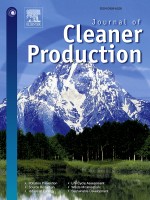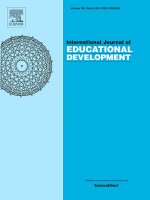Paulo L. dos Santos and Jangho Yang
View Journal Article / Working PaperThis paper presents evidence that large-sample, cross-sectional distributions of the rate of return on capital (RoC) realized by enterprises across twenty European economies exhibit the same functional form: Double-stretched-exponential distributions. It develops a systemic, eco- nomic model of the macroscopic outcomes of the competitive actions of arbitrageurs that can account for this observation. The model suggests the observed distributions embody competi- tively established tradeo s between aggregate pecuniary returns to arbitrageurs and the costs they incur. Those costs can be taken as rising on the measure of spontaneous self-organization the actions of arbitrageurs impose on distributions of RoC, ensuring competition e ectively prices informational gains in ways we can observe. The paper's discussion de nes a series of new, observable, macroscopic measures of the performance of competitive systems. It also points to the aptness of understanding prices as parts of structures of generalized Marx-Sra a \ prices of production," predicated on the characteristics of capital-market statistical equilibria; to a general theoretical approach to the regulation of certain economic quantities by arbitrage; and to the role the costs of informational gains play in shaping observable outcomes in the operation of certain types of goal-seeking, self-organizing systems.




